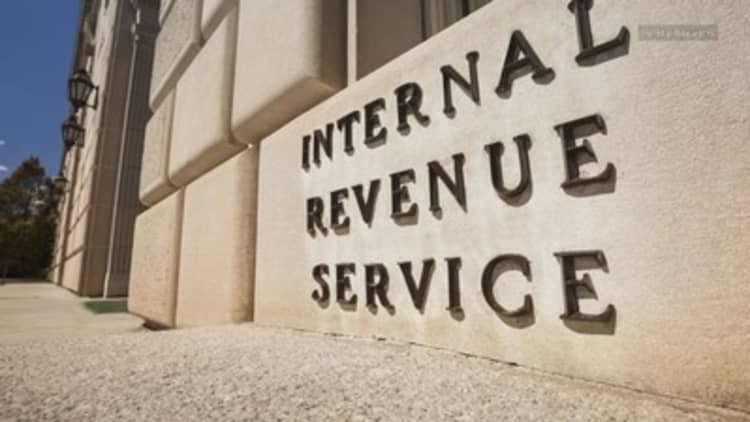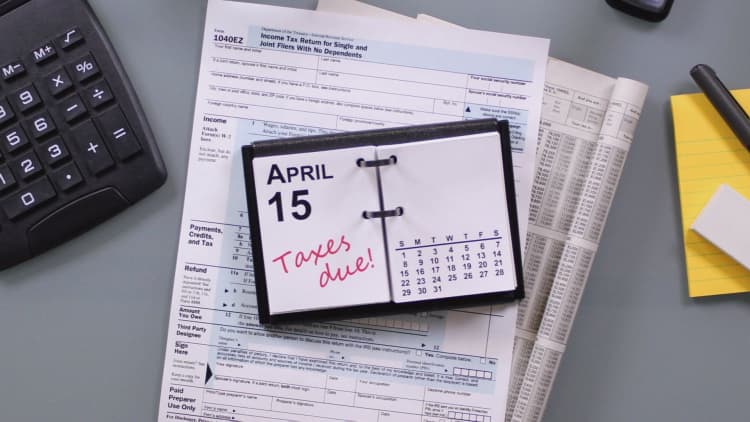
The IRS is ending a program that has allowed tax scofflaws with undisclosed foreign assets to fess up and avoid prosecution.
Come Sept. 28, anyone who hasn't taken advantage of the voluntary disclosure program could face significant penalties or criminal prosecution if their tax avoidance is discovered.
"Taxpayers have had several years to come into compliance with U.S. tax laws under this program," said David Kautter, acting IRS commissioner, in a statement announcing the impending end of the partial amnesty.
"All along, we have been clear that we would close the program at the appropriate time, and we have reached that point," Kautter said. "Those who still wish to come forward have time to do so."
The program was launched in 2009 and has undergone various iterations. Since its inception, more than 56,000 taxpayers have come forward to report overseas accounts they previously had not disclosed.
While most of those taxpayers have avoided substantial fines and criminal charges by reporting their foreign holdings, they have paid $11.1 billion collectively in back taxes, interest and lesser penalties in the process.
The IRS has made tax evasion via overseas accounts a priority. While legitimate reasons exist for having financial accounts in other countries, taxpayers are required to report those assets to the U.S. government.
For starters, taxpayers whose foreign accounts reach an aggregate value of $10,000 or more during the calendar year must file a so-called FBAR (Foreign Bank and Financial Accounts). Willfully failing to file an FBAR can result in a civil penalty as high as $100,000.

If you hold more than $50,000 in overseas assets, you must report it on Form 8938 as part of your tax return. Failure to do so could result in a $10,000 penalty.
If you ignore your reporting responsibility after hearing from the IRS, an additional penalty of up to $50,000 could be added plus a 40 percent penalty on an understatement of tax attributable to nondisclosed assets.
The odds of a taxpayer getting away with nonreporting also are now lower thanks to the Foreign Account Tax Compliance Act of 2010. That law generally requires overseas banks and certain other nonfinancial entities to tell the U.S. government about foreign assets held by their U.S. account holders.
More from Personal Finance:
It will cost you if you fail to take out retirement cash by this deadline
Almost half of professionals lose sleep over work
Your property taxes just jumped by more than 50 percent. Now what






